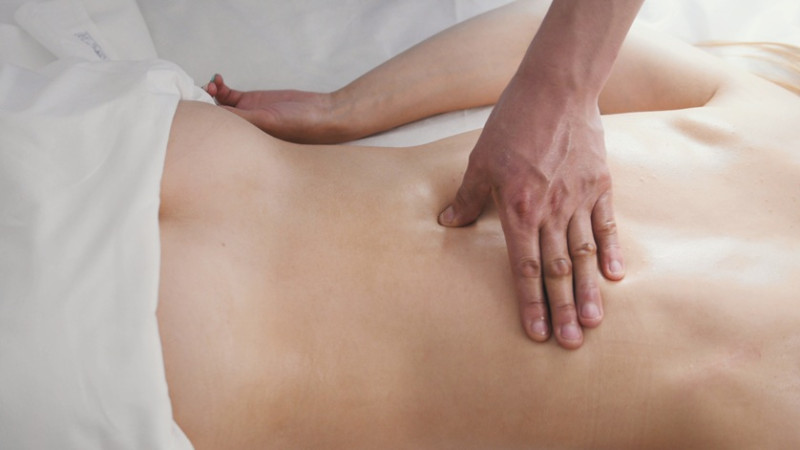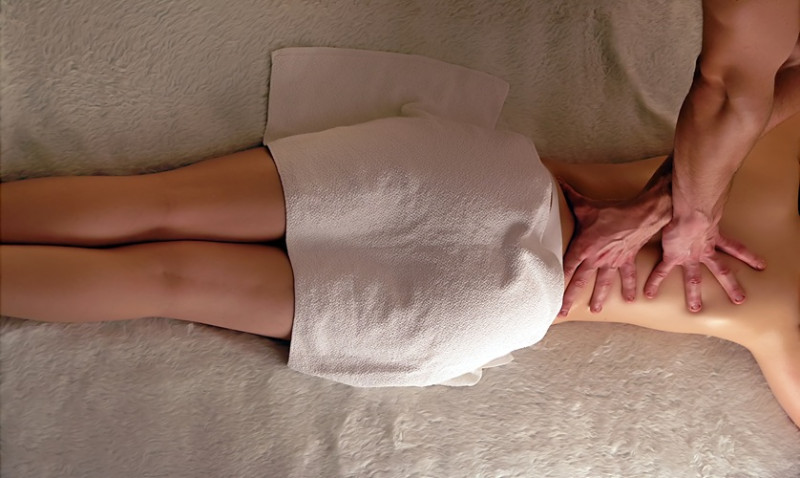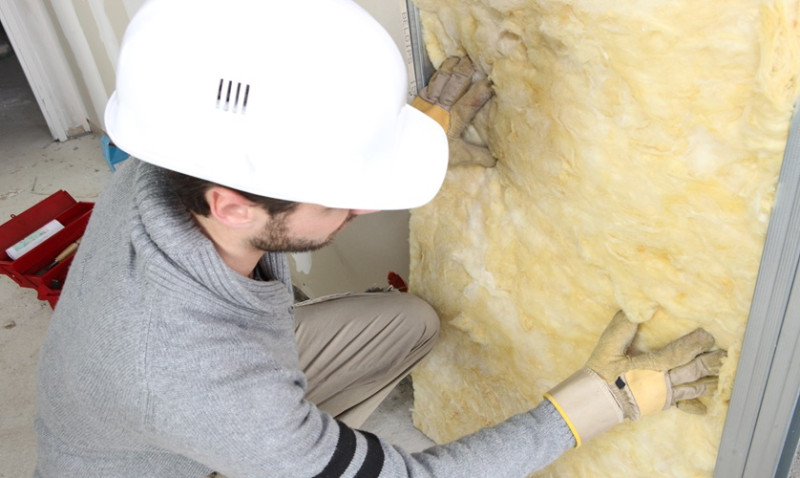
Whether you’re booking a massage to kick back after a tough week, relieve muscular discomfort, or simply indulge in a bit of self-care, there are a few key things your massage therapist wishes every client knew. Understanding these not only ensures a better experience for you but also helps your therapist provide more tailored, effective care.
We talk to industry professionals at Massage Envy Spa to uncover what really makes for a successful massage appointment. If you're feeling a bit unsure before your next session, these insights can help you arrive relaxed, informed, and ready to get the most out of your time on the table.
1. Communication Is Key — Before, During, and After Your Session
One of the biggest misconceptions about receiving a massage is that it's all about laying back and staying silent. While relaxation is important, open and honest communication with your therapist is absolutely essential to getting the best possible experience.
Before your session starts, take a few minutes to let your therapist know about any current aches, injuries, stress levels, or medical conditions. Be specific — the more information you share, the better equipped your therapist will be to tailor the massage to your body’s needs.
If at any point during the massage you feel discomfort, pain, or even just a preference for more or less pressure, speak up. Massage therapists are trained professionals, and adjusting pressure or technique is part of providing excellent service. They'd much prefer feedback mid-session than to find out afterwards that something wasn’t quite right.
And don’t forget to communicate after your session. Let your therapist know what felt particularly good or if something could have been better. Long-term, this honesty leads to a consistently better experience, especially if you plan to return regularly.
2. Hydration Isn’t Just a Trend — It’s Crucial
You’ve probably heard this one before — and it’s mentioned for a reason. Massage therapy works to manipulate soft tissues and increase circulation, which can flush out toxins and metabolic waste that have built up in your system. Drinking water before and after your session helps your body process and eliminate those by-products more efficiently.
Mild dehydration can also make your muscles more resistant to manipulation, resulting in a less effective massage. Being well-hydrated ensures your muscles are more pliant and responsive to the techniques your therapist uses, allowing for deeper relaxation and longer-lasting benefits.
So, what is the ideal hydration routine? Drink a full glass of water about an hour before your appointment, and keep sipping throughout the rest of your day. Your therapist — and your body — will thank you for it.
3. Massage Therapy Isn’t a One-Time Fix
It’s tempting to think of massage as a one-and-done solution to stress or muscle pain, but most massage therapists agree — it’s much more effective as part of a long-term wellness routine.
Regular massages can improve posture, reduce chronic pain, ease tension, and enhance mobility. Cumulative benefits build up over time, which means consistency is crucial. If you're actively dealing with issues like muscle tightness, back pain, or stress-related tension, a therapist may recommend bi-weekly or monthly sessions to achieve optimal results.
Think of it similarly to going to the gym or visiting your dentist — a single session might bring temporary relief, but regular maintenance brings lasting, noticeable improvement.
Even if you’re not dealing with any specific problems, massage can be a key part of a proactive wellness routine, helping you stay ahead of stress and maintain physical and mental wellbeing.
4. There’s No Need to Feel Self-Conscious — Therapists are Professionals
One of the most common reasons people avoid booking a massage is feeling awkward or embarrassed about their body — especially if it’s their first time. Whether it’s body image concerns, scars, or just not knowing how it ‘works’, rest assured: massage therapists are trained, licensed professionals who are focused solely on your health and wellbeing.
They’ve seen it all and will never judge your appearance, fitness level, gender, or personal quirks. Your therapist is there to help you feel better and provide a safe, relaxing space. They follow strict ethical standards and work to ensure your comfort and privacy at all times.
It’s also perfectly fine to ask questions ahead of time if you’re unsure about what to expect. Learning about the process, what you’ll need to wear, or how draping will be used to protect your modesty can help you feel prepared and more confident walking through the door.
Remember, your comfort is the therapist's top priority. If something makes you anxious or uncertain, just speak up — chances are, they’ve heard it before and will be happy to guide you through it.
Final Thoughts
Massage therapy, when approached the right way, is an incredibly rewarding way to care for both body and mind. By communicating clearly, staying hydrated, committing to regular treatments, and approaching your appointment without judgment or embarrassment, you set the stage for the best possible experience.
With these insights from Massage Envy Spa, you’ll not only make your sessions more effective, but also create a stronger relationship with your therapist — one that’s built on trust, transparency, and a shared goal of improved wellness.
So the next time you book in for some well-deserved ‘me time’, take these four tips along with you. Your body (and your therapist) will be glad you did.





